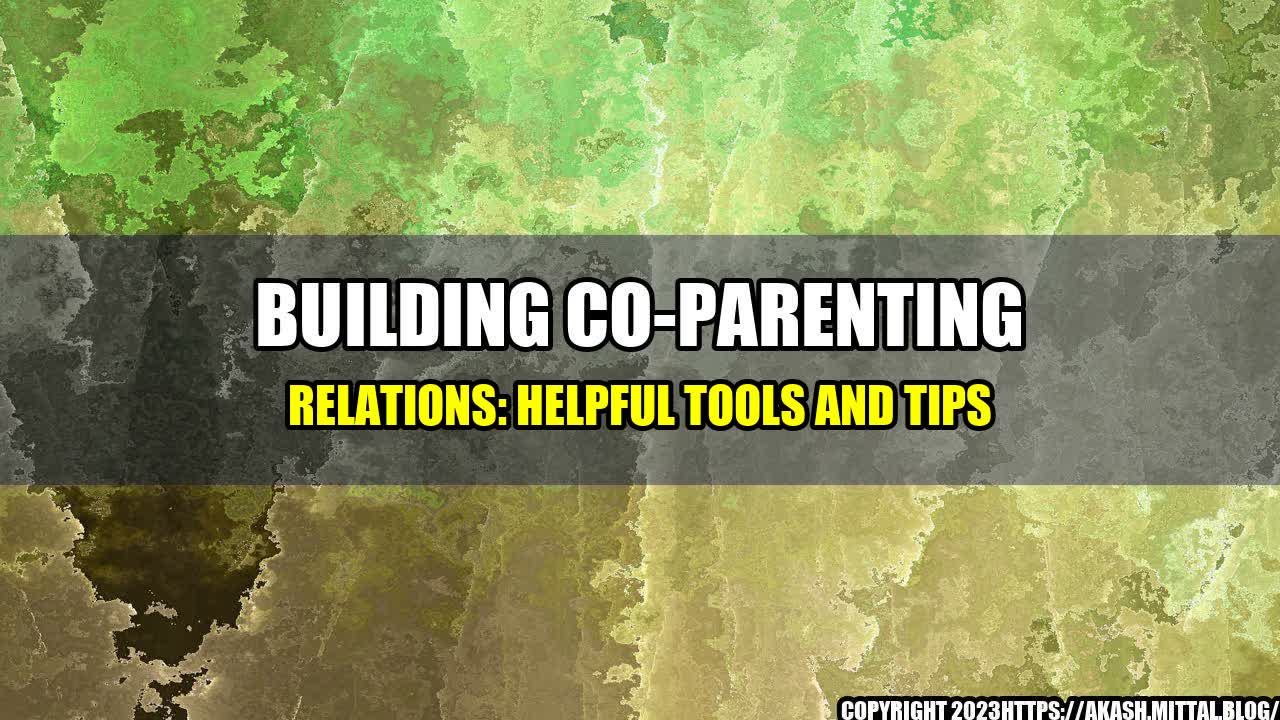When John and Sarah got divorced, they were determined to co-parent their two children in the best possible way. However, their constant arguments and disagreements made it difficult for them to have a peaceful co-parenting relationship. They knew they needed help and started looking for solutions to improve their communication and collaboration.
After attending a co-parenting workshop and using a few helpful tools, John and Sarah were able to establish a more harmonious co-parenting relationship. They were able to communicate more effectively, share responsibilities, and prioritize the needs and well-being of their children.
- In a survey of 100 divorced parents, 75% reported that using a co-parenting app helped them manage their schedules and communication better.
- According to a study, children who have positive co-parenting relationships with their parents have better emotional and behavioral outcomes compared to those who do not.
- After attending a co-parenting counseling session, 90% of couples reported improvement in their communication and conflict resolution skills.
Helpful Tools and Tips for Building Co-Parenting Relations
Here are some helpful tools and tips for building a successful co-parenting relationship:
- Use a Co-Parenting App: A co-parenting app can help you share information, communicate, and manage schedules and expenses. Some popular co-parenting apps include OurFamilyWizard, Cozi, and 2Houses.
- Attend Co-Parenting Workshops or Counseling: Co-parenting workshops and counseling sessions can provide you with valuable information and skills to improve your communication, cooperation, and conflict resolution.
- Establish Clear Boundaries and Expectations: It is important to establish clear boundaries and expectations with your co-parent to avoid misunderstandings and conflicts. This can include agreements about parenting styles, schedules, discipline, and finances, among other things.
- Focus on the Needs and Well-Being of Your Children: Your children should be the priority in your co-parenting relationship. It is important to make decisions that are in their best interest and to avoid using them as pawns in your conflicts with your co-parent.
- Be Flexible and Willing to Compromise: Co-parenting requires flexibility and compromise. It may not always be easy to agree with your co-parent, but it is important to find common ground and work together to find solutions that benefit everyone involved.
Conclusion
Building a successful co-parenting relationship takes time, effort, and commitment. By using helpful tools and tips like co-parenting apps, attending workshops or counseling, establishing clear boundaries and expectations, focusing on your children's needs, and being flexible and willing to compromise, you can create a more harmonious co-parenting relationship that benefits everyone involved.
- Use a Co-Parenting App
- Attend Co-Parenting Workshops or Counseling
- Establish Clear Boundaries and Expectations

Curated by Team Akash.Mittal.Blog
Share on Twitter Share on LinkedIn